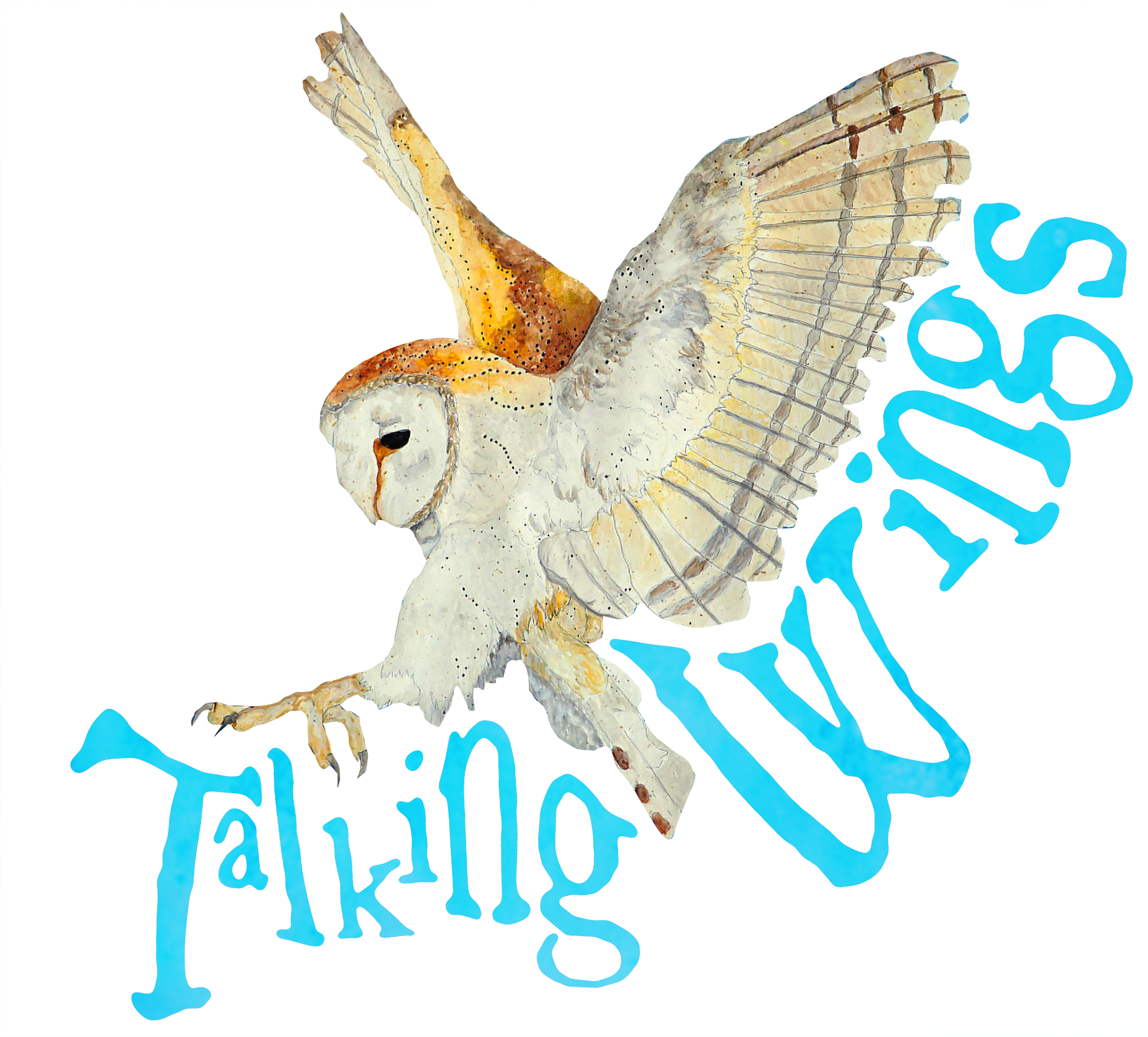The storyteller Alejandro Beltran Cordero in conversation with Talking Wings - Photograph by Jessica Melgar Ruiz
Why Environmental Storytelling?
Because it is time to shift the narrative.
There is a tendency to wallow in the tragic tale of our inevitable implosion (aka. environmental/societal collapse). This doomsday rhetoric is addictive, for it is far too easy to surrender to our own destructive tendencies. It is vital to draw attention to the cataclysmic consequences of the human induced climate crisis, the ticking time bomb we are all complicit in wiring. However, it is just as dangerous to become submerged by pessimistic narratives, narratives that rob us of the agency to enact the change we desperately need.
In the end, it all comes down to the stories we tell, ourselves and each other. If we only spin tales of our ultimate demise, then there is no space for an alternate future. If, however, we move against the mass media discourse of death and annihilation, then we can begin to create our own narratives. By changing the way we talk about the climate crisis, we begin to create a sustainable, just, and equitable world.
Alejandro Beltran Cordero telling a story amidst the ruins of Xicochimalco, Mexico - Photograph by Tzintzun Aguilar-Izzo
The Stories
Stories are the backbone of our society, the vital links that hold human communities together. In this globalized cultural space, people have stopped listening to each other’s stories. Instead, we are consuming prepackaged and spectacular narratives, fed to us 24/7 by a hegemonic economy that has monetized our attention. Thus, as our current economic/cultural system melts in thin air, we are left with a narrative black whole. A black whole waiting to be filled by stories of regenerative solutions.
These stories exist and are spreading rapidly. Throughout the world, there are countless individuals striving and succeeding to generate change in their own communities. Whether they are protecting their water from predatory corporations or inspiring their neighbors to adopt agroecological farming practices, these people are fighting for a world that doesn’t end when the capitalist economy collapses. It is through their stories, the transformative example they set for all of us, that these guardians are weaving together a narrative of hope.
We, at Talking Wings, have made it our life’s journey to share these stories with the world. Our humble role in this tapestry of resistance is the one of the storyteller. Through art and film, we honor and illustrate the stories of the guardians, coloring in the pen strokes of their lives and words. Every video, animation, illustration is an offering, a seed/story that will hopefully allow more stories to grow and flourish.
In this way, we hope to create a hive, a living web, of enriching narratives. These are the narratives humanity needs to survive, the stories that keep the world alive and breathing. While we all play a small role in this struggle, each of our actions is essential. That is why all of us must, like the bees who pollinate the world's flowers, share stories of a blossoming new world with others.
This is how we can pollinate the world to come: Tell the stories of the future you want to see, and which is just around the corner.
Planting an acorn along the banks of the Ahnawatte/Raquette River - Photograph by Blake Lavia
